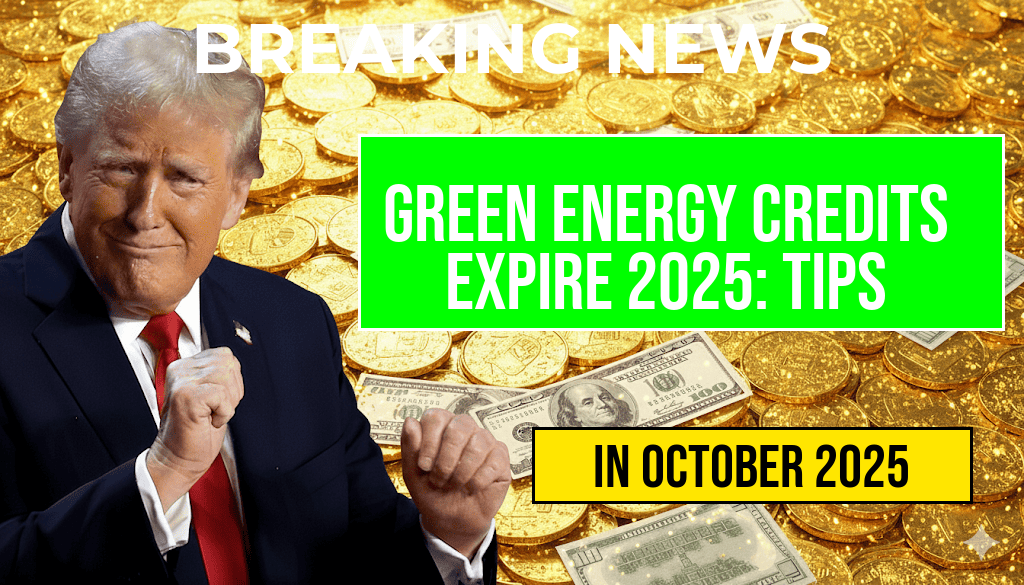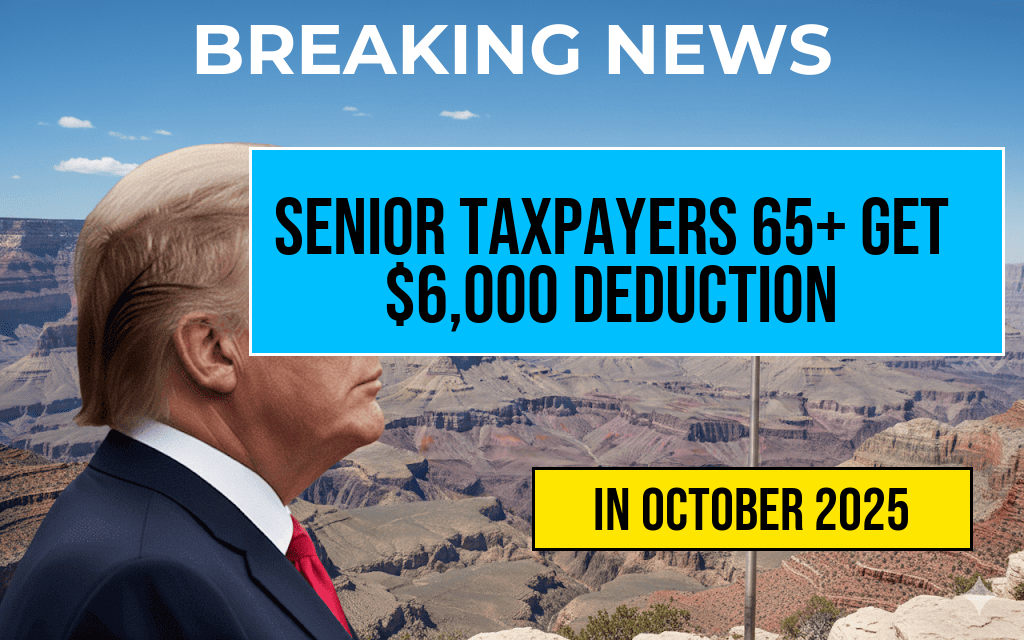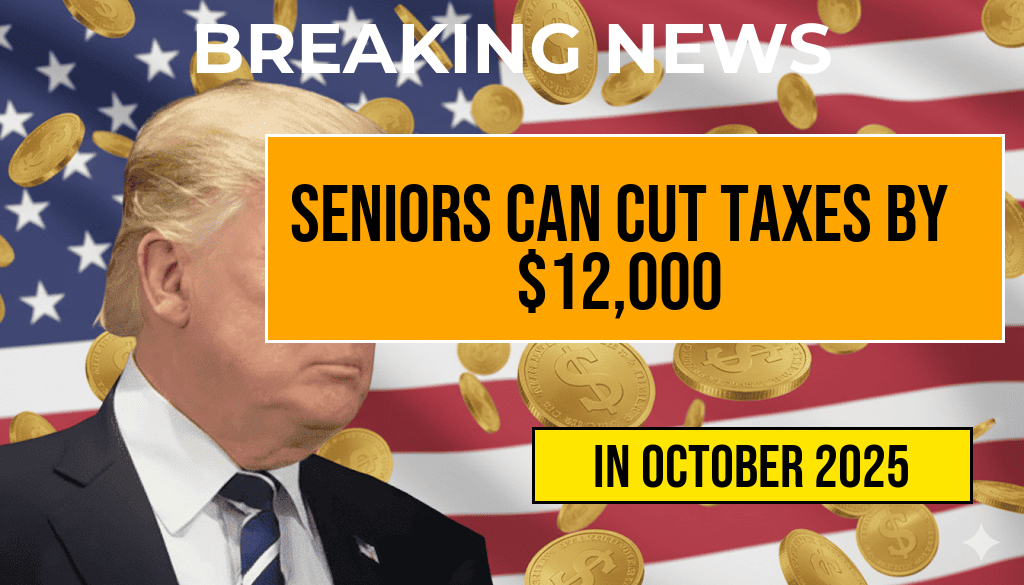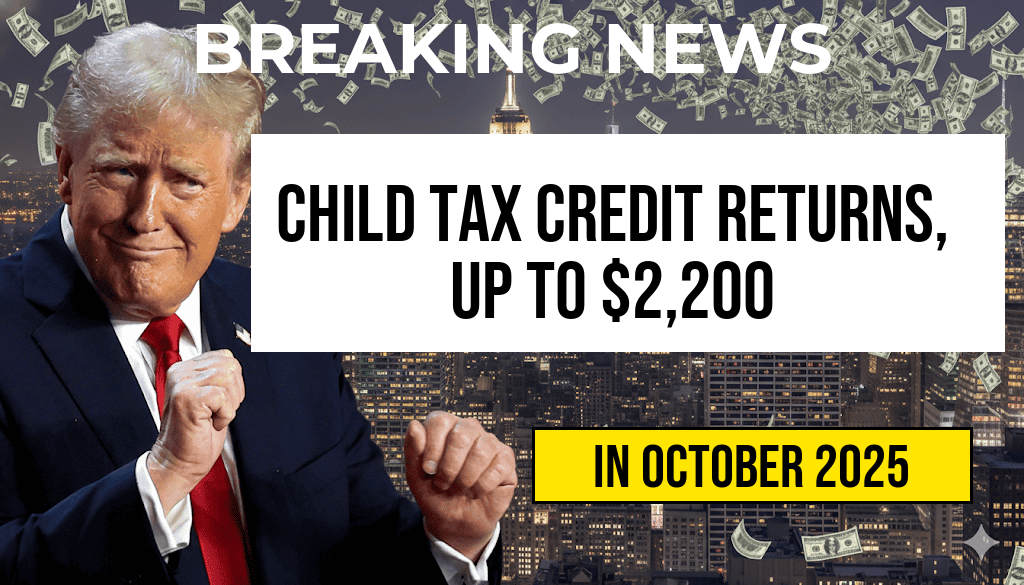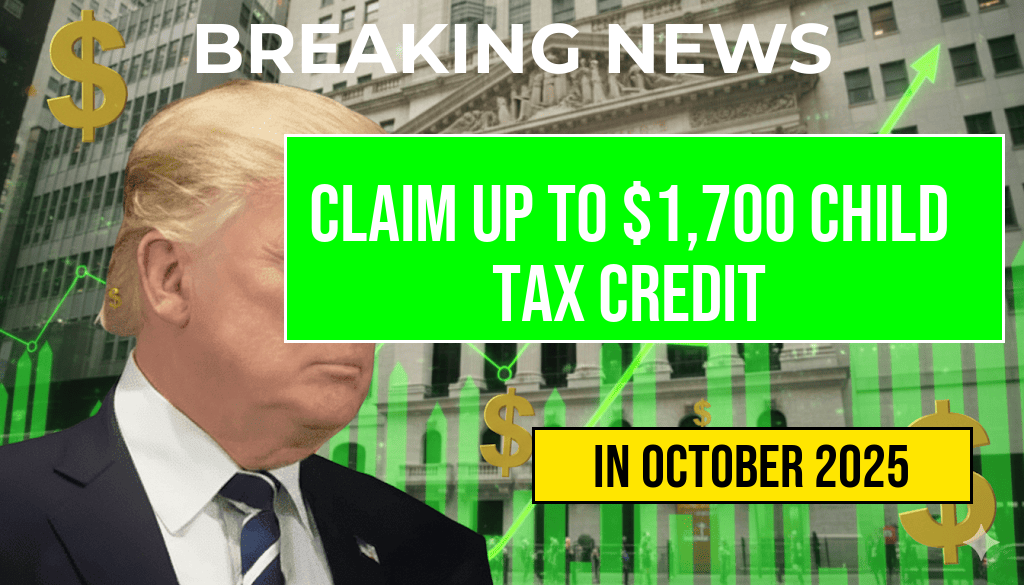As the federal government’s green energy credits approach their expiration date in 2025, homeowners considering investments in renewable energy systems face a critical decision point. These incentives, designed to promote residential solar, wind, and other renewable installations, have significantly lowered the upfront costs for many Americans over the past decade. However, with the looming sunset of these credits, property owners and prospective buyers need to understand how this shift could impact both their immediate expenses and long-term savings. Policymakers are debating extensions and modifications, but the current landscape suggests a potential decrease in available tax benefits for residential renewable projects starting next year.
Understanding the Current Landscape of Residential Green Energy Tax Incentives
The federal government has historically supported renewable energy adoption through various tax incentives, with the Residential Clean Energy Credit (also known as the Residential Energy Efficient Property Credit) serving as a primary tool. This incentive allows homeowners to deduct a significant portion of the costs associated with installing solar panels, solar water heaters, wind turbines, and geothermal heat pumps from their federal income taxes.
As of 2023, this credit covers up to 30% of the installation costs, a rate that has helped accelerate the adoption of clean energy solutions across the country. Additionally, some states offer supplementary incentives, further reducing the financial barrier for homeowners seeking to switch to renewable energy sources. The federal tax credit is set to decrease or expire entirely after 2025 unless legislative action is taken.
What Changes Are Expected in 2025?
Expiration of the Federal Residential Clean Energy Credit
The most significant change on the horizon is the scheduled expiration of the current 30% federal tax credit after December 31, 2024. Without renewal or extension by Congress, homeowners installing new renewable systems in 2025 and beyond will no longer benefit from this direct tax reduction. Instead, they will face the full installation costs without the offsetting incentive, potentially discouraging some from proceeding with renewable upgrades in the near term.
Impact on Homeowners and the Market
Experts suggest that the expiration could lead to a slowdown in new residential renewable installations, especially among price-sensitive homeowners. “The financial incentive has been a key driver in making solar and other technologies more accessible,” notes energy policy analyst Dr. Lisa Carter. “Removing or reducing these credits can impact demand and slow the momentum toward nationwide decarbonization.”
However, industry stakeholders are also watching for potential policy developments. There is ongoing bipartisan discussion about extending or modifying these incentives, possibly with targeted support for low-income households or more comprehensive clean energy programs.
Alternatives and Strategies for Homeowners
Maximizing Benefits Before 2025
- Schedule installations early: Homeowners considering renewable upgrades should aim to complete projects before the end of 2024 to capitalize on current incentives.
- Explore state and local incentives: Many states offer additional rebates or tax credits that can complement federal benefits, reducing overall costs.
- Consult with certified installers: Professional assessment can identify the most cost-effective and efficient systems suitable for individual homes.
Post-2025 Considerations
- Evaluate alternative financing options: Some energy companies and financial institutions offer leasing or power purchase agreements (PPAs) that may mitigate upfront costs.
- Stay informed about legislative changes: Tracking policy developments can help homeowners time their investments to maximize financial benefits.
- Research emerging technologies: Advances in energy storage and efficiency could alter the economics of renewable systems, potentially making them more attractive despite the loss of federal credits.
Legislative Outlook and Policy Debates
| Scenario | Description | Implication for Homeowners |
|---|---|---|
| Renewal of Credits | Legislators extend or enhance current tax incentives, possibly with modifications. | Homeowners can continue benefitting from substantial tax credits for new installations. |
| Gradual Phase-Out | Credits decrease incrementally over several years, providing transition time. | Partial financial support remains, easing the impact of the reduction. |
| Elimination Without Replacement | Credits are fully phased out without new incentives. | Incentive-driven demand may decline, affecting renewable installation rates. |
Resources for Homeowners Considering Renewable Investments
- Wikipedia: Solar Power in the United States
- Forbes: What the 2025 Expiration of Federal Renewable Energy Tax Credits Means for Homeowners
Frequently Asked Questions
What are Green Energy Credits and how do they benefit homeowners?
Green Energy Credits are incentives offered to encourage the adoption of renewable energy systems, such as solar panels, by providing tax credits that reduce the overall installation cost for homeowners.
Why are Green Energy Credits expiring in 2025?
The current tax incentives are set to expire in 2025 as part of the legislative schedule, after which homeowners may no longer be eligible for certain financial incentives for renewable energy installations.
How can I take advantage of residential tax incentives before they expire?
Homeowners should consider planning and completing their renewable energy projects before the 2025 deadline to maximize tax credits and other financial benefits.
Are there any alternative incentives available if I miss the 2025 deadline?
Yes, some states and local governments offer additional renewable energy incentives. It’s advisable to explore these options or consult a tax professional for guidance on potential future incentives.
What steps should I take to ensure I qualify for Green Energy Credits?
To qualify, ensure your solar or renewable energy system is installed by a certified professional, keep detailed documentation, and file the necessary tax forms before the deadline in 2025.

